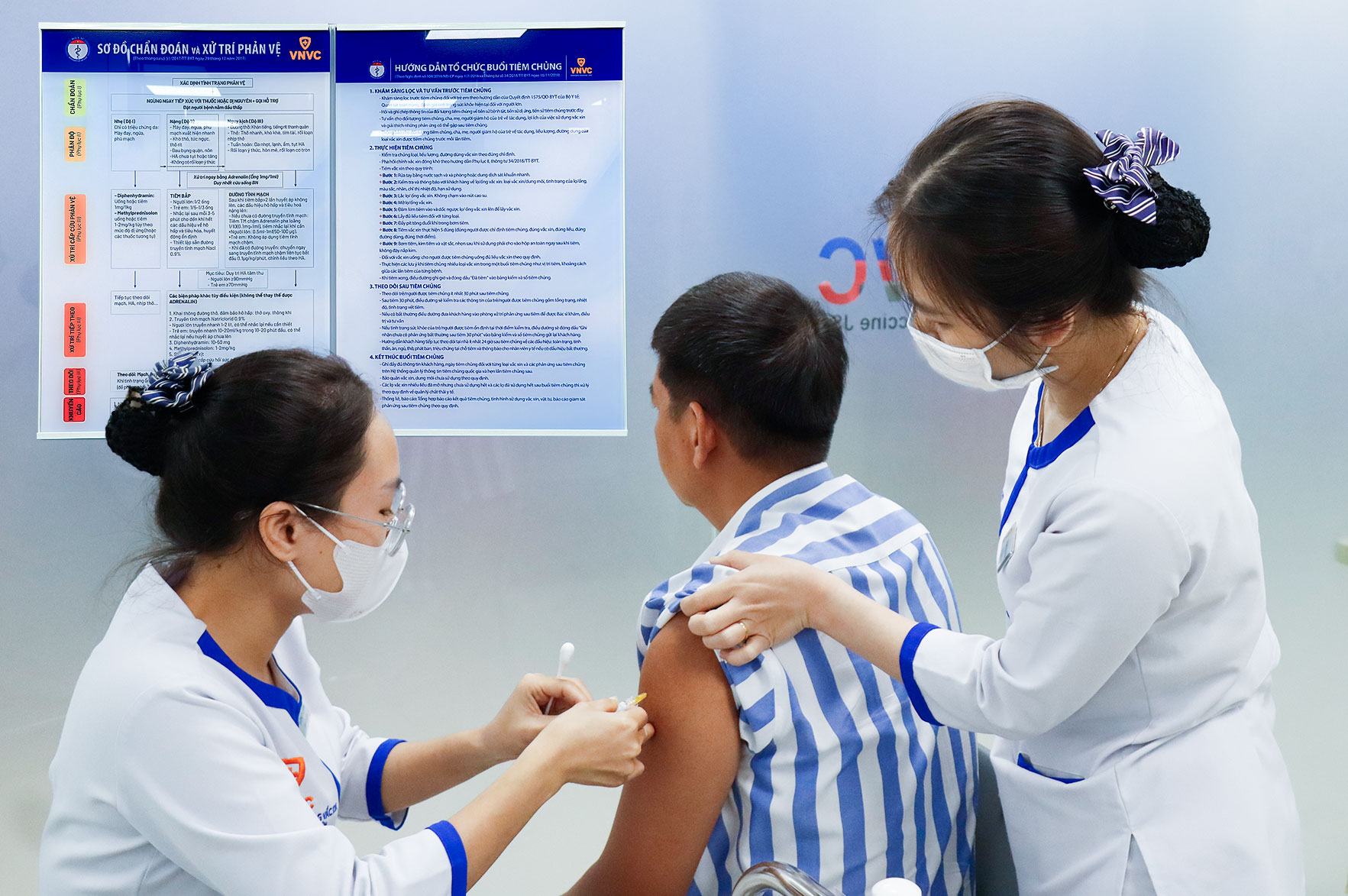Answer:
To answer this question, it's important to understand the distinction between these two diseases. Malaria is caused by a parasite called Plasmodium, transmitted through the bites of infected mosquitoes. There are two clinical forms of malaria: uncomplicated and severe. Uncomplicated malaria typically presents in three stages: high fever, chills, and sweating. Severe malaria, in addition to these symptoms, can lead to complications such as shock, multiple organ failure, brain damage, and even death.
The World Health Organization (WHO) reports that malaria is prevalent in tropical regions. African regions within the WHO, such as Algeria, Congo, Botswana, and Angola, accounted for 94% of global malaria cases in 2023, with 95% of deaths occurring in these regions, primarily among children under 5.
Dengue fever, on the other hand, is caused by the dengue virus and is transmitted from person to person through the bite of infected Aedes mosquitoes, primarily Aedes aegypti. Dengue fever is characterized by a high fever lasting 2-3 days, followed by a decrease in temperature, but with the potential for serious complications like shock and organ failure.
Because these two diseases have different causes and mechanisms of infection, the dengue fever vaccine does not protect against malaria.
 |
Adults receiving the dengue fever vaccine at the VNVC Vaccination System. Photo: Moc Thao |
Adults receiving the dengue fever vaccine at the VNVC Vaccination System. Photo: Moc Thao
However, you should still consider getting the dengue fever vaccine, as dengue is present in many countries worldwide. In Vietnam, both malaria and dengue fever have been documented, with dengue currently prevalent in many provinces and cities nationwide.
Vietnam currently has one dengue fever vaccine available for children aged 4 and older, as well as adults. The vaccination schedule consists of two doses, administered three months apart. Women are advised to complete the vaccination schedule at least one month, and ideally three months, before pregnancy. Two doses of the vaccine are more than 80% effective in preventing infection and reinfection and more than 90% effective in preventing hospitalization.
To prevent malaria, you should take precautions similar to those for dengue fever: maintain a clean and well-ventilated environment, eliminate stagnant water, and protect yourself from mosquito bites by using mosquito nets and repellents. If you experience any symptoms, seek medical attention promptly to prevent severe malaria or progression to the severe form of the disease.
Dr. Nguyen Tien Dao
Medical Manager, VNVC Vaccination System
Readers can submit vaccine-related questions for doctors to answer here.












